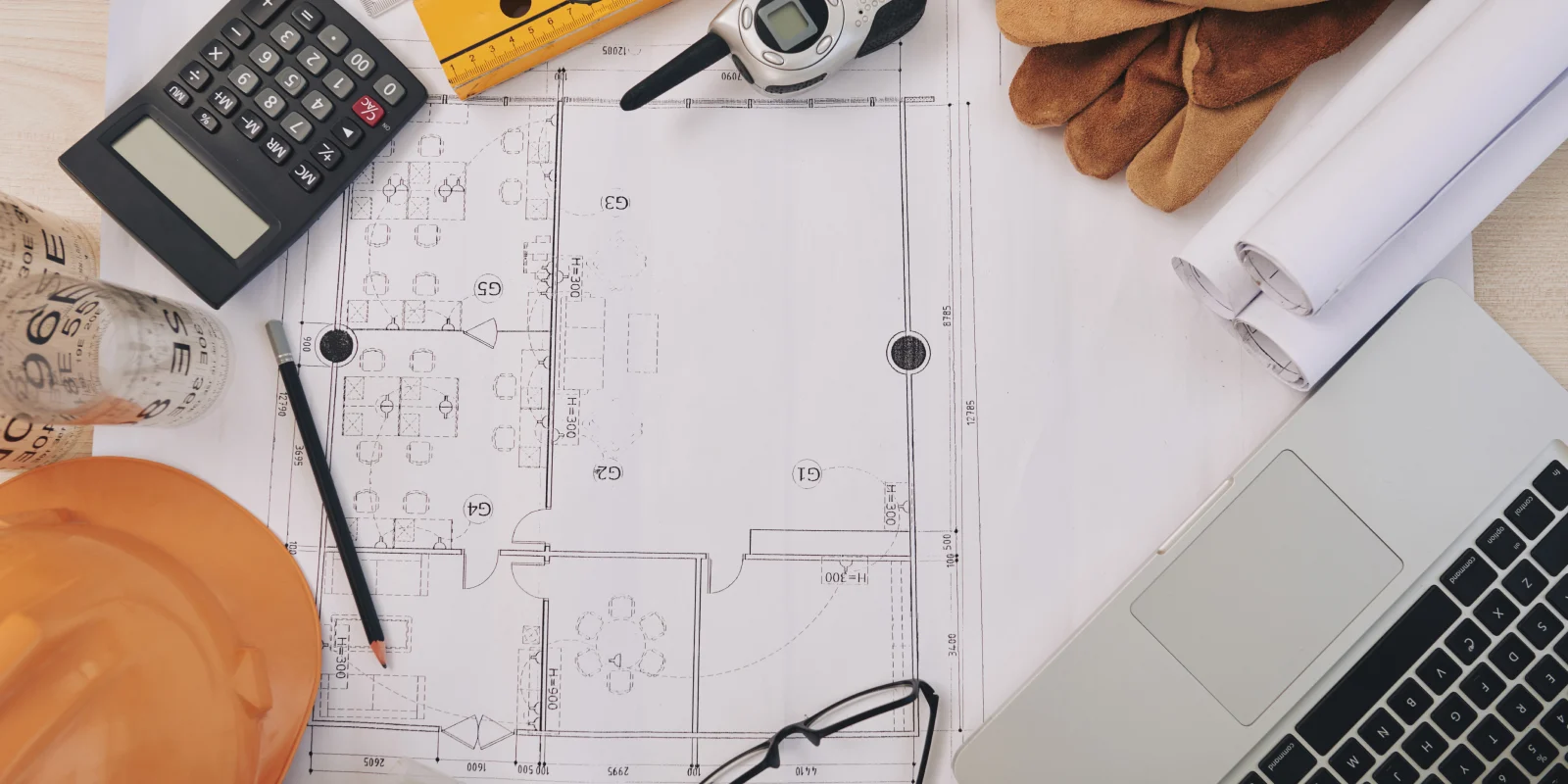
Insights into General Contractor Services: From Planning to Completion
Understanding the Role of a General Contractor
A General Contractor plays a crucial role in managing and overseeing construction projects from start to finish. They are responsible for ensuring that all aspects of the project run smoothly, whether it’s a residential home renovation, a commercial build, or a larger infrastructure development. The contractor works as a liaison between the client and the various subcontractors, ensuring that each phase of the project is completed on time and within budget. Their ability to coordinate everything from the planning stages to the final touches makes them an essential part of any successful construction project.
Initial Planning and Design Phases in General Contractor Services
Before any construction begins, the General Contractor is deeply involved in the planning and design phases. This stage involves working closely with the client to understand their vision, needs, and budget. Contractors often collaborate with architects and designers to translate these ideas into workable plans. They also review local building codes and regulations to ensure compliance. During this phase, the General Contractor estimates the cost of materials, labor, and permits, helping the client to set a realistic budget and timeline. By taking charge early on, the contractor ensures that there are no unexpected surprises down the road, making the entire process more streamlined.
Managing Subcontractors and the Construction Process
One of the most critical responsibilities of a General Contractor is the management of subcontractors. These are the professionals responsible for specific tasks such as plumbing, electrical work, framing, and roofing. A skilled General Contractor knows how to hire reliable subcontractors and coordinate their schedules to avoid delays. They ensure that each subcontractor completes their portion of the work to the highest standards of quality. Additionally, the contractor regularly inspects the site to ensure that work is progressing as planned and that all safety protocols are being followed. This hands-on approach minimizes errors and keeps the project moving forward.
Ensuring Quality Control and Adherence to Timelines
Maintaining quality and sticking to deadlines are two areas where a General Contractor truly shines. They implement regular quality checks at various stages of construction, ensuring that materials meet the required standards and that workmanship is of the highest quality. In cases where there are issues, the contractor addresses them immediately, preventing small problems from escalating into bigger ones. Additionally, the General Contractor is responsible for managing the project’s timeline, ensuring that each phase is completed on schedule. They are constantly monitoring progress and making adjustments as needed to avoid delays that could affect the completion date.
Completion, Final Inspections, and Client Satisfaction
The role of a General Contractor doesn’t end once the construction work is finished. They are responsible for overseeing the final inspections and ensuring that all aspects of the project meet the required building codes and standards. This includes arranging for any necessary permits and certifications. The contractor also conducts a walkthrough with the client to ensure that all work meets their expectations. If any issues arise, the contractor arranges for repairs or adjustments to be made. Ultimately, the General Contractor aims to deliver a finished product that satisfies the client’s vision, leaving them with a completed project they can be proud of.
Read More:
Key Advantages of Using General Contractor Services for Multi-Phase Projects
